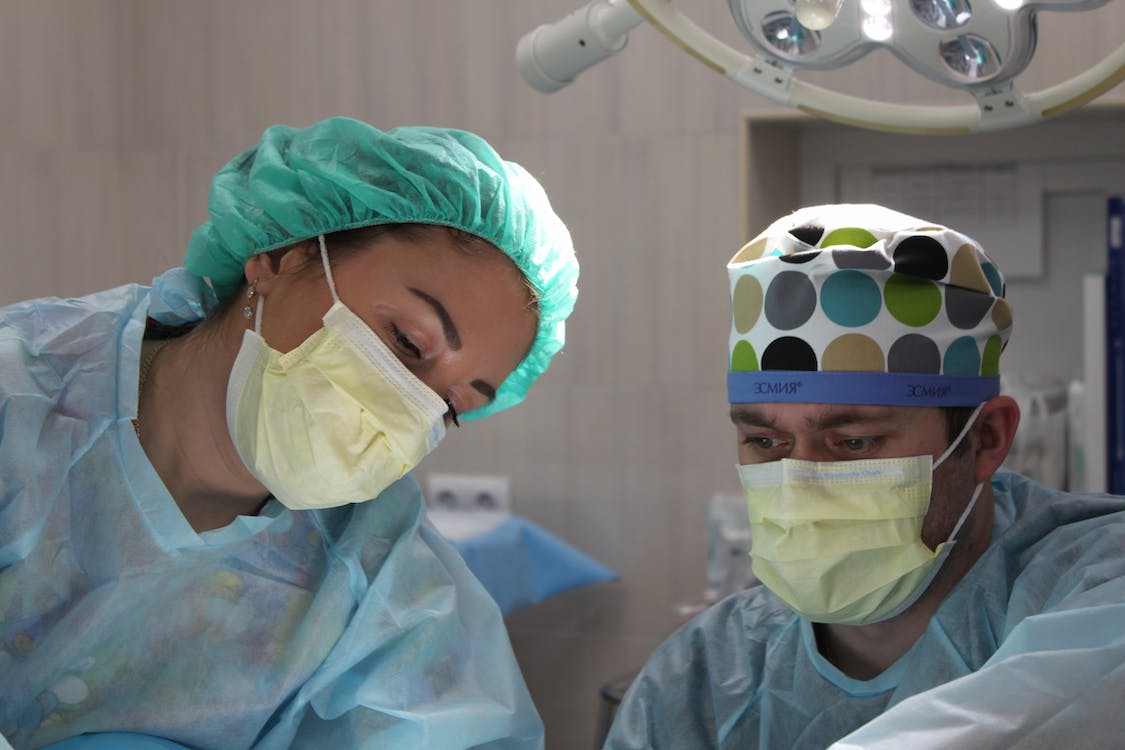
Technology has revolutionized various industries and healthcare is no exception. In recent years, there have been significant advancements in the field of nursing care through the integration of innovative technological solutions. These technological solutions have revolutionized the healthcare industry by providing nurses with powerful tools to enhance patient care - not only improving efficiency and accuracy but also allowing nurses to deliver personalized and comprehensive care to their patients.
If you're a part of an online ABSN program and are training to be a nurse you will surely like to find out more about the technologies that make your job a little easier. From electronic health records systems to wearable devices nurses now have access to a wide range of technologies that streamline their workflow and improve patient outcomes. This article will explore some of the innovative technological solutions available to nurses and how they can be utilized to enhance patient care.
Revolutionizing Nursing Care through Technology
The integration of technology in healthcare has brought about significant advancements in patient care, efficiency and overall outcomes.
One area where technology has made a significant impact is in telehealth and remote patient monitoring. With the use of video conferencing and remote monitoring devices, nurses can provide care to patients in their own homes which is particularly beneficial for patients with chronic conditions who require regular monitoring and follow-up. Telehealth enables nurses to assess patients, provide education, and offer support without the need for in-person visits, saving time and resources.
Furthermore, technology has improved medication administration and patient safety. Automated medication dispensing systems and barcode scanning help ensure accurate medication administration, reducing the risk of medication errors.
Innovations such as artificial intelligence (AI) and machine learning are also being utilized in nursing care. AI-powered algorithms can analyze large amounts of patient data to identify patterns and predict potential health issues. This assists nurses in making informed decisions and providing personalized care to patients.
Electronic Health Records
Electronic health records (EHRs) have revolutionized the way patient information is stored and accessed. Gone are the days of paper-based records that were prone to errors and difficult to manage. EHRs provide nurses with instant access to comprehensive patient information including medical history, medications, allergies and test results. This allows nurses to make more informed decisions and provide personalized care.
EHRs facilitate seamless communication and collaboration among healthcare providers. Nurses can easily share patient information, notes and updates with other members of the healthcare team, ensuring coordinated and efficient care. These electronic records eliminate the need for paper-based documentation, reducing the risk of errors and improving efficiency. Nurses can quickly and accurately document patient assessments, interventions, and outcomes, ensuring a complete and up-to-date record of care.
EHRs enable nurses to collect and analyze patient data, contributing to research and quality improvement initiatives. Nurses can identify trends, track outcomes, and participate in evidence-based practice to enhance patient care. These types of records can empower patients to actively participate in their own care. Nurses can use EHRs to educate patients, provide access to their health information and involve them in shared decision-making which can lead to improved patient engagement and outcomes.
Point-of-care technology
Point-of-care technology refers to the use of portable devices and applications that enable nurses to provide care at the patient's bedside. This technology has revolutionized the way healthcare is delivered thus allowing for more efficient and accurate patient care. These devices include handheld computers, tablets and smartphones, which can be used to access patient information, record vital signs, and administer medications.
Such technology eliminates the need for nurses to rely on paper-based charts and allows for real-time data collection and analysis since it enables nurses to document patient information directly into electronic health records, eliminating the need for manual paperwork and reducing the risk of errors.
Wearable Devices
Wearable devices have revolutionized the way vital signs are monitored in healthcare settings. Nurses can now use wearable devices such as smartwatches and fitness trackers to continuously monitor a patient's heart rate, blood pressure, oxygen saturation and other vital signs. This continuous monitoring enables nurses to detect any changes or abnormalities in vital signs promptly, allowing for early intervention and prevention of complications.
Furthermore, wearable devices can be integrated with EHRs, ensuring that vital sign data is automatically recorded and easily accessible. They can provide valuable insights into a patient's overall health and well-being. By tracking activity levels, sleep patterns and stress levels, nurses can gain a more comprehensive understanding of a patient's condition and tailor their care accordingly. This holistic approach to patient care can lead to improved outcomes and better patient satisfaction.